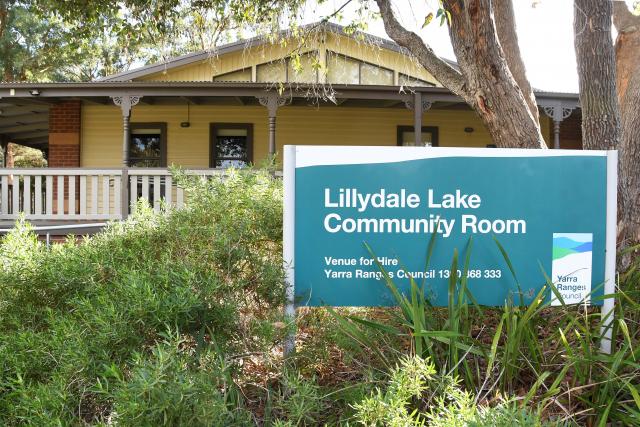
By Mikayla van Loon
The way occupational health and safety offences (OHS) are sentenced in Victoria is under review, with the Yarra Ranges community able to provide input next month.
The Sentencing Advisory Council has been tasked by the State Government to undertake an inquiry into the current sentencing practices, like fines and potential reforms that could be made.
Being 20 years since the implementation of Occupational Health and Safety Act in 2004, Sentencing Advisory Council chief executive officer Dr Paul McGorrery said it’s “timely to be reviewing whether the sentencing aspects of that legislation are operating as they should”.
Engaging with the community is an important part of the review process, with the Council heading to regional and metropolitan townships to conduct consultations.
The Council will be conducting a session at the Lillydale Lake Community Room on 18 March to research whether OHS serves its purpose in keeping employers and employees safe.
“One of the things that governments ask the Council to investigate is whether the current sentencing practices align with community expectations because that’s a good gauge of whether or not you’re achieving the purposes of sentencing and maintaining public confidence in the justice system as a whole,” Dr McGorrery said.
“We’ll be asking members of the community to sentence a real life OHS case themselves and their view, and then we’ll tell them what sentence was imposed in the real case, we’ll compare the differences between the two and ask them how appropriate they thought the sentence in the real case was.
“The findings of that process are going to significantly inform the extent to which there might need to be changes.”
An initial review process of the OHS system found that over the last 10 years, the average fine was $69,000, the smallest was $600 and the largest was $1 million.
OHS fines can be up to $1.7 million for a business and $350,000 for individuals.
Reviews over the last 30 years have also found fines to not be a good enough deterrent for businesses and individuals.
“The maximum penalty for any offence in Victoria typically increases in line with inflation. So the maximum for an employer breaching their duty 20 years or so ago, was about $950,000,”Dr McGorrery.
“As of this year, it’s now over $1.7 million. So it’s almost doubled over the last 20 years. What we haven’t seen is an almost doubling in the amount of fines being imposed in these sorts of cases. In fact in some jurisdictions the median fine has actually declined.
“So the statistics at least, are very suggestive that fines have not increased in accordance with inflation.”
Needing a cross section of community feedback to inform the potential changes to the OHS sentencing, Dr McGorrery said is because cases of workplace misconduct or lack of safety occurs everywhere.
“OHS offences are evenly spread across Victoria. There’s maybe a slight over representation in the Barwon southwest region with Geelong but really, it’s not so significant to point out. I’d say there’s quite an even spread across the state.
“The types of employment people engage in will be a significant factor. What we actually found was about 65 per cent, or two thirds of OHS cases occur in the construction and manufacturing industries.”
While fines are not the only option for sentencing, with imprisonment, community corrections orders, diversions and undertakings, Dr McGorrery said the review will also explore restorative justice and other methods to improve workplace safety.
“There’s evidence that it might be more useful to also include conditions requiring safety improvement works, either for their own organisation or the broader industry.
“Of course, it would need to be something above and beyond what they should have been doing in the first place before they got prosecuted for an OHS offence.”
These methods would not replace sentencing but something that “runs concurrently alongside the criminal justice process” so businesses and individuals do not “avoid punishment”.
The Sentencing Advisory Council will be seeking community feedback until 31 May via the community consultations and written submissions online at engage.vic.gov.au/sentencing-ohs-offences-in-victoria or emailing contact@sentencingcouncil.vic.gov.au
Dr McGorrery said a report will be delivered to the Attorney General and the Minister for WorkSafe at the end of the year with potential reforms.






